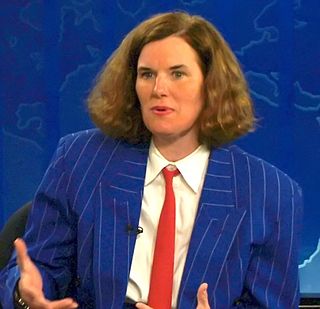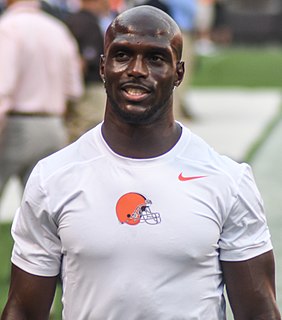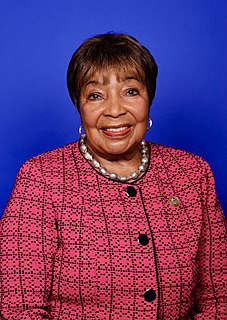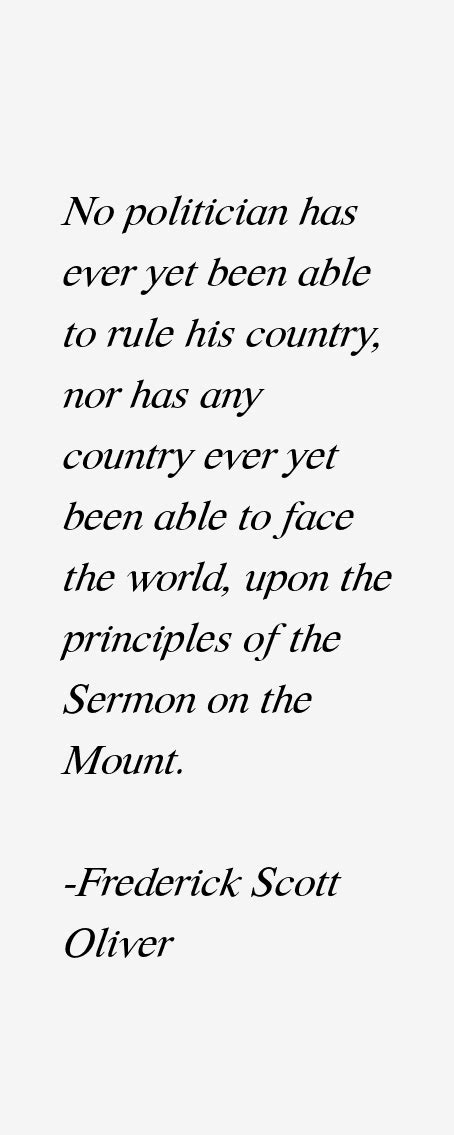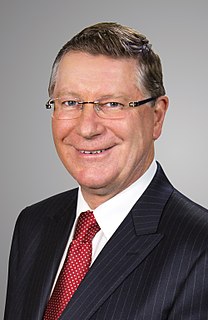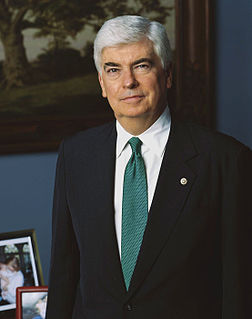A Quote by Dee Dee Myers
Almost all first ladies have had tremendous power on personnel issues, whether the public realized it or not, whether it was Barbara Bush or Nancy Reagan or whoever.
Related Quotes
Certainly Nancy Reagan had an extraordinary effect on her husband. I'm truly not sure that, say, Laura Bush had that much effect on the Bush administration. She certainly, you know, seems to be a nice person who I think the public likes. But I can't really put my finger on any huge impact she's had.
I was one of the first people to almost actually vomit over hearing the use of the phrase "family values" and I pride myself on never having fallen for the idea that Barbara Bush was sweet and grandmotherly. I met Barbara Bush and, as I expected, she was a tank with eyes, not a nice person at all and why should that blow anybody away?
The first question that I ask : do I have public support or not. That is the first question that I asked as President. If I don't have the public support, whether there's the so-called "Arab spring" - it's not spring, anyway - but whether we have this or we don't, if you don't have public support, you have to quit, you have to leave. If you have public support, in any circumstances you have to stay. That's your mission, you have to help the people, you have to serve the people.
Barack Obama understands what Ronald Reagan learned, which is that people vote not on the basis of issues and policy details, but on the basis of something deeper, namely, what are your values? Are you authentic? Do you say what you believe? Do you communicate with us? And do we identify with you? You don't know what particular issues are going to come up in the future, so you have to depend on someone's values, and whether they are telling you the truth, and whether you can trust them in office. Obama's been running a campaign on that basis.


